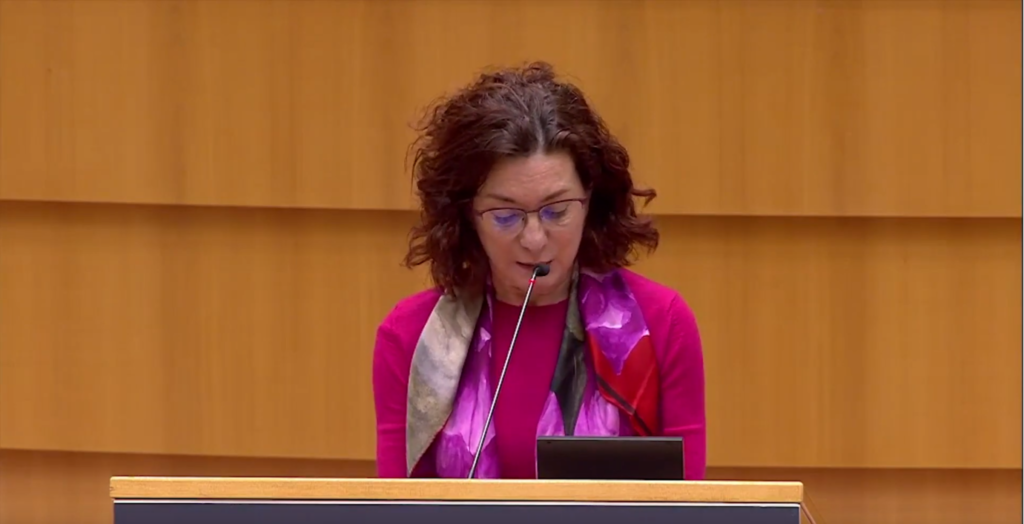On 8 February 2021, I defended the social economy model as a pillar of the welfare state in the full debate on reducing inequalities and labour poverty. There is growing inequality both within the EU and between Member States. As we know, the European Commission’s Europe 2020 target of reducing the number of people at risk of poverty by 20 million was not achieved, and the imminent economic and social consequences of the COVID-19 pandemic are fuelling fears that these inequalities will worsen.
While a few years ago the discourse that work was the best way to combat poverty prevailed, today this is no longer the case for all of us because we are increasingly confronted with the reality of precarious work with salaries so low that they do not allow us to exceed the poverty line: Atypical and precarious employment, unpaid practices, platform work and self-employed work alone, through subcontracting or chains of subcontractors or mediators that erode collective bargaining systems. The reduction in coverage is also leading to a reduction in wages.
This has consequences: Much of the competition in the internal market takes place behind the backs of workers. Instead of local construction workers, posted workers are used to reduce wages, as are seasonal workers who come as harvest workers from a low-wage country to a high-wage country. Low wages are partially covered by the state and therefore companies receive indirect subsidies. At the same time, purchasing power and domestic demand are falling. Fewer and fewer employees are able to pay for education and training. But labour legislation and social security must not end at national borders. A huge single market without a binding framework for social standards creates advantages for only a few, while many people stay behind.
The report calls on the Commission and the Member States to include preventing and combating workers’ poverty within the overall objective of eradicating poverty in the European Union. Strong and effective collective bargaining systems involving all are required, and a coordinated approach that encompasses all stages of life and provides a poverty-proof and inclusive framework.

